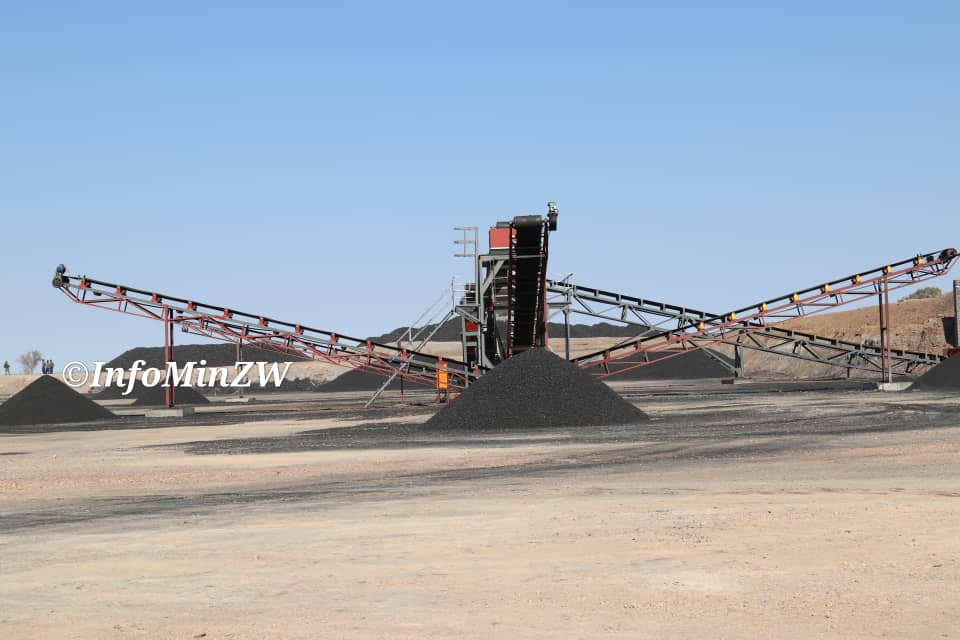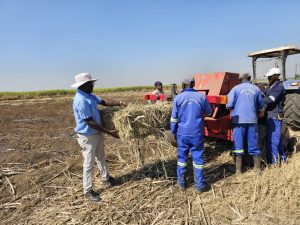Moses Ziyambi
Prospects for quicker energy transition in Zimbabwe have faded after President Emmerson Mnangagwa clearly stated that coal will continue to underpin the drive to energy security.
While commissioning the new Muchesu Coal Mine in Binga on July 31, President Mnangagwa said the country planned to continue growing the coal mining sector of the economy.
“Today’s commissioning is an achievement in line with the projected target of achieving a US$1 billion coal sub-sector by 2023 and will contribute towards the attainment of a US$12 billion mining sector economy by the end of this year,” Mnangagwa said.
According to communications distributed on WhatsApp Groups controlled by the Ministry of Information, Media and Broadcasting Services, the mine was built by a British company Contango Holdings Plc, which has a 70 percent stake, while the remaining 30% is held by ‘supportive local partners’ that were not named.
The project covers 19 236 hectares of the highly-prospective Karroo Mid-Zambezi coal basin which is located in the Binga district to the northwest of the country.
Mnangagwa sad coal will continue to play a vital role in Zimbabwe’s quest for energy self-sufficiency.
“Meanwhile, the coal industry remains critical for Zimbabwe’s energy sector and feeds into the country’s thermal power stations. Furthermore, issues of climate change and an ever-changing geo-political and social global environment entail that investments in thermal power, with associated new technologies, are still necessary. This is more so for us in Africa with vast deposits of coal.
“As for Zimbabwe, we will continue to use the resources we have to develop our country to attain energy self-sufficiency. Thermal power will therefore remain a critical cog in our nation’s energy mix,” said Mnangagwa.
The ‘ever-changing geo-political and social global environment’ that Mnangagwa referred to seems to be the war in Ukraine which has seen such big European economies as Germany going back on their pledges on carbon emissions cuts by re-opening their coal-fired power stations.
Before the war, which started with Russia’s invasion of Ukraine in February 2022, Russia accounted for substantial amounts of electricity and gas supplies to European countries but much of those have stopped as sanctions on Russia take effect.
Before then, Poland had long resisted pressure to close down its Turow coal mines.
In December 2022, the United Kingdom approved the reopening of a new coal mine at Whitehaven in Cambria, the country’s first new coal mine in 30 years.
Mnangagwa said his government will support value addition in the coal sector to ensure higher returns in exports.
“My Government is fully supportive of the beneficiation and value addition thrust being undertaken in the coal mining sector. Notable is the fact that local coke production has increased, with coke exports by 327 percent up from US$39 million in 2020 to US$166.4 million in 2022 as coke producing companies expand their operations,” he said.
As a signatory to the Paris Agreement, Zimbabwe came up with its own Nationally Determined Contributions as part of efforts to reduce carbons emitted by its economy.
The country has pledged a 40 percent cut of emissions across the various sectors of the economy by year 2050.






